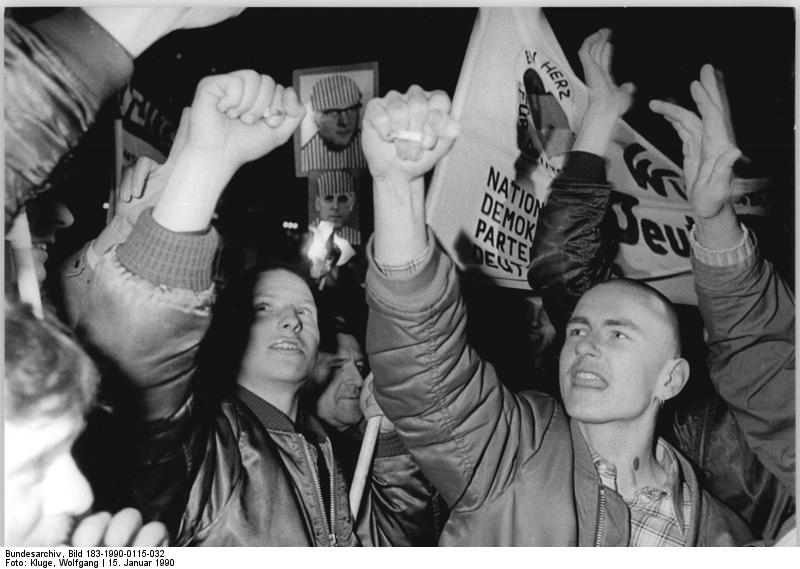Luisa Seydel (until 31.1.2023)
PhD project
Part of the joint project "The Radical Right in Germany, 1945-2000"
The dissertation analyzes the lifestyle and realities of the radical right in the second half of the 20th century, which has hardly been researched historically so far. With a primarily praxeological and actor-oriented approach, it examines the extent to which the radical right developed a shared lifestyle based on its ideology. It is primarily devoted to the informal scene and various subcultures beyond formal associations such as parties and organizations. The focus is on the Federal Republic, combined with research on the GDR and East Germany.
Three major aspects of everyday life are outlined: work, family and fatherland. The ways in which those created collective identities, shared thought processes and orientation are examined, with a particular focus on social and cultural practices. A key basic assumption is that right-wing thought patterns and attitudes are not primarily constituted through political campaigns or ideological training. Rather, they unfold and solidify through shared lifestyles and cultural patterns as a function of social conditions. The research project therefore examines the internal and external structuring, the specific forms of socialization of the right-wing, and how the generational change assumed in this research project is reflected in everyday life. What were the ideas and figurations of the way of life? Which shared patterns, myths and rituals can be identified and characterized? How did these change over time?
The dissertation project is supervised by Prof. Dr. Frank Bösch (first supervisor, ZZF Potsdam) and Apl. Prof. Dr. Gideon Botsch (second supervisor).
To project website: https://projekt.radikale-rechte.de/

